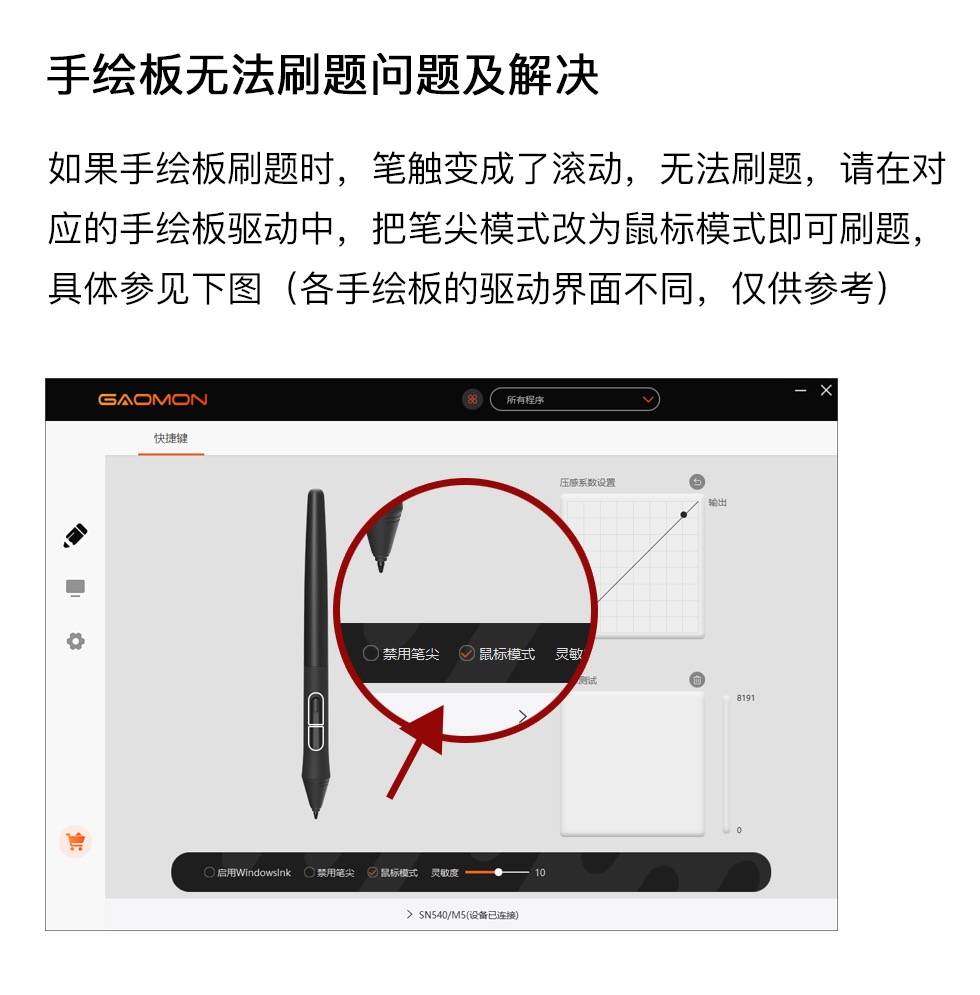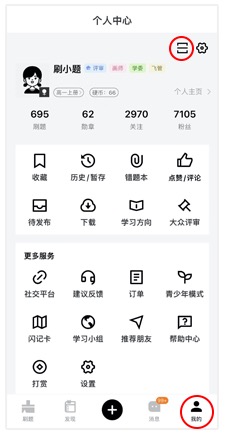

—Oh, let me finish my work first. Then let's have _______ big lunch.


— _____.










— No, I ________ (repair) my computer all the time.


—Oh, the neighbours ________ (prepare) for tomorrow's party.

Is the art of conversation dying? The other day, my wife 1 two teenage children did something we haven't 2 for ages. It didn't require the Internet, a TV screen9 batteries... or anything else for that matter. But we all 3 it so much we're thinking of doing it again sometime.
We had a conversation. The kind of real, live conversation was 4 when I was growing up, but which seems all too rare these days. Today we have chat rooms, text messages, e-mails but we seem to be losing the 5 of communicating face-to-face. We all know 6 young people are out on a date(约会) these days, they spend most of that time 7 their mobile phones. And teenagers nowadays seem to 8 communicating with their friends by sending text messages rather than actually 9 to them.
If we carry on like this, in the future, we'll lose the use of our 10. What do you think of it? E-mail me, and who knows? Maybe we could even have a real conversation about it!

Many years ago, when I was working as a volunteer at a hospital, l got to know a little girl named Lisa. The poor little girl had a very serious disease and was dying. The doctor had done his best but no medicine really worked. The only chance to save her seemed to be a blood transfusion(输血) from her five-year-old brother. The little boy had the same disease before and had developed the antibodies(抗体) to fight the illness.
The doctor talked to the little boy about what they planned to do, and asked him if he would be willing to give his blood to his sister. I saw him hesitate(迟疑) for a moment. He took a deep breath and said, "Yes, I'll do it if it can save Lisa."
As the transfusion was going on, the little boy lay quietly in bed next to his sister. He looked at her and smiled all the time. When everything was done and the colour returned to his sister's face, his smile disappeared(消失) and he looked a little afraid. He looked up at the doctor and asked, "Will I start to die now?"
He was too young to understand the doctor. He thought he would have to give all his blood to his sister, but he agreed.
The doctor wanted the little boy to_______.
How did the five-year-old boy understand the doctor's plan?
What did the boy feel when the doctor talked to him about the transfusion?
What happened to the little girl named Lisa?
The writer still remembered the story many years later _______.

联合国儿童基金会为贫穷地区的孩子们提供基础教育。
这个慈善机构为女孩和妇女的平等权利工作。
他们已经防止了这项严重疾病的扩散。
需要更多的钱用于慈善。

Don't worry. ________






